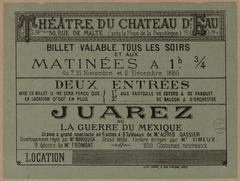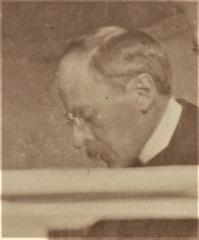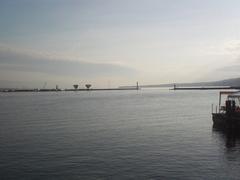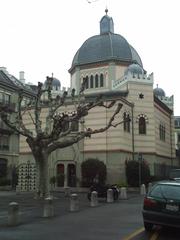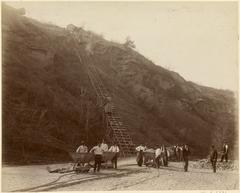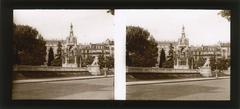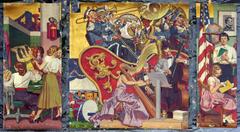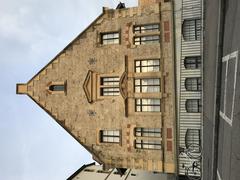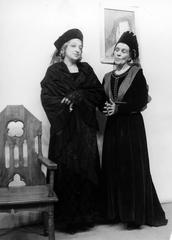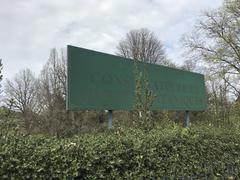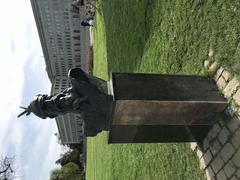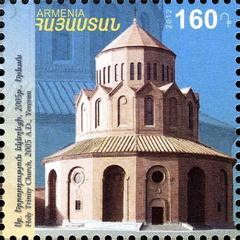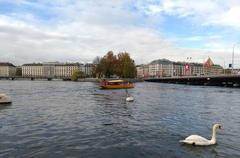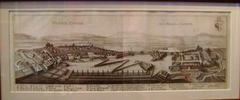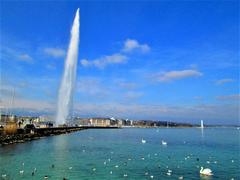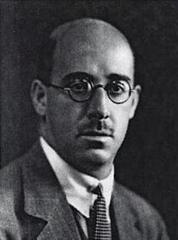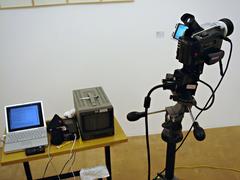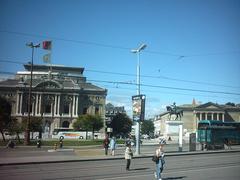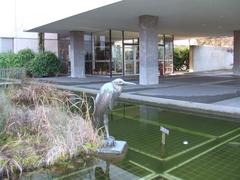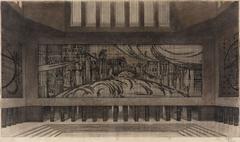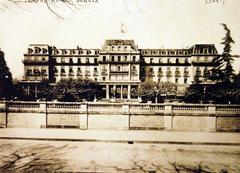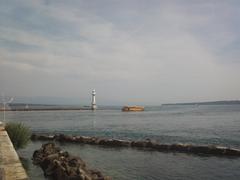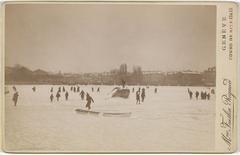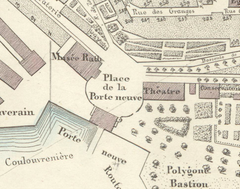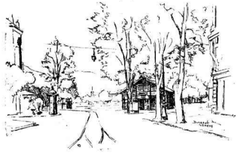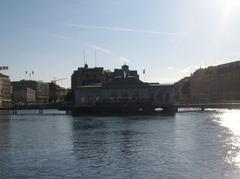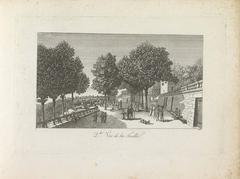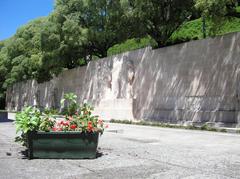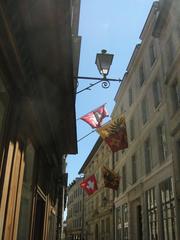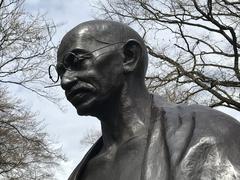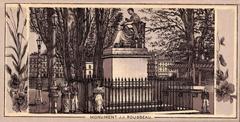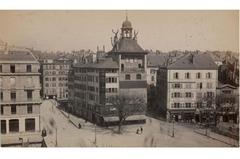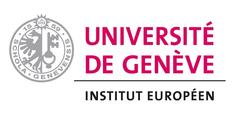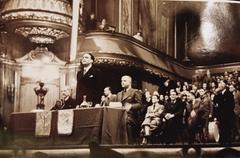
Archives of World YMCA Geneva: Visiting Hours, Tickets, and Historical Significance
Date: 03/07/2025
Introduction
The World YMCA Archives in Geneva, Switzerland, serve as a vital repository preserving over 180 years of the Young Men’s Christian Association’s (YMCA) global influence on youth empowerment, humanitarianism, and social innovation. Established as part of the international federation headquartered in Geneva since 1878, the archives provide unparalleled insight into the YMCA’s foundational mission, which began with George Williams in London in 1844, and expanded worldwide through pivotal figures such as Henry Dunant. The extensive collections of documents, photographs, and memorabilia illuminate the YMCA’s roles in peace-building, social justice, and community development. This comprehensive guide outlines everything you need to know to plan your visit, including opening hours, ticketing, accessibility, and travel tips, ensuring an enriching experience for researchers, history enthusiasts, and cultural travelers alike.
For extended information, consult the official World YMCA resources (YMCA Europe History PDF, YMCA Archives, YMCA World Archives Flickr Channel).
Table of Contents
- Origins and Development of the World YMCA Archives
- Historical Significance and Global Impact
- Visiting Hours, Tickets, and Guided Tours
- Location and Accessibility
- The Archives’ Collection and Research Value
- Nearby Attractions and Travel Tips
- Cultural and Educational Insights
- Frequently Asked Questions (FAQs)
- References
Origins and Development of the World YMCA Archives
The YMCA was founded in London in 1844 by George Williams to foster Christian values and holistic development among young men (Wikipedia: YMCA). The movement swiftly expanded internationally, with Geneva emerging as a pivotal hub. In 1852, Henry Dunant, a Geneva native and later Nobel Peace Prize laureate, helped establish the YMCA in Geneva, laying the groundwork for the first World Conference in Paris in 1855. This conference gave rise to the World Alliance of YMCAs and the foundational “Paris Basis” mission statement (YMCA Europe History PDF, p. 5).
By 1878, the World YMCA established its international offices in Geneva, cementing the city as the administrative and archival center of the movement (Wikipedia: YMCA). Since then, the archives have amassed extensive records documenting the YMCA’s worldwide expansion and societal impact.
Historical Significance and Global Impact
The World YMCA Archives do more than preserve records—they chronicle the evolution of civil society, faith-based ecumenism, and humanitarian action. Key highlights include:
- International Peace and Humanitarianism: Documentation of the YMCA’s roles in peace-building, refugee aid, and prisoner-of-war support during the World Wars, with the iconic red triangle symbolizing mind, body, and spirit (Wikipedia: YMCA).
- Social Innovation: The invention of basketball by James Naismith at a YMCA in the USA, the creation of residential camps, and youth hostels (YMCA Europe History PDF, p. 11).
- Advocacy and Social Justice: Records of efforts toward gender equality, anti-apartheid activism, and alignment with UN Sustainable Development Goals through initiatives like YMCA Vision 2030.
- Global Governance: Proceedings from World Council meetings, the YMCA’s highest decision-making body (Wikipedia: YMCA).
Influential figures such as John R. Mott, a Nobel laureate, are also prominently featured (YMCA Europe History PDF, p. 13).
Visiting Hours, Tickets, and Guided Tours
- Hours: Monday to Friday, 9:00 AM to 5:00 PM. Visits are by appointment only.
- Tickets: Admission is free, but appointments must be arranged in advance due to limited capacity.
- Guided Tours: Available for individuals or groups by prior arrangement; special exhibitions and events may be scheduled around significant anniversaries or themes.
Contact the archives via [email protected] or +41 22 849 5100 to schedule your visit or inquire about tours.
Location and Accessibility
- Address: Chemin de Mouille-Galand 1, 1214 Vernier, Geneva (YMCA Contact).
- Accessibility: The facility is wheelchair accessible; visitors with additional needs should notify the archives in advance.
- Transport: Easily accessible via Geneva’s public transport network. Tram line 14 and bus routes 6, 19, and 23 serve nearby stops. Visitors staying at Geneva hotels or hostels receive a complimentary Geneva Transport Card for unlimited local transit (Geneva.info Tips).
- Parking: Limited on-site parking is available; additional public parking can be found nearby.
The Archives’ Collection and Research Value
- Scope: Over 30,000 digitized photographs, foundational documents, charters, correspondence, personal papers, publications, and artifacts, covering the YMCA’s presence in nearly 90 countries (YMCA: Preserving YMCA’s Past).
- Special Collections: Highlights include materials on youth empowerment, war relief, social innovation, advocacy for gender inclusion, and global sports development (YMCA: Peek into the Archives).
- Research Access: Researchers should book appointments in advance; the digital photo archive is freely accessible online (YMCA World Archives Flickr Channel).
- Associated Resources: Related YMCA/YWCA holdings can be found at the United Nations Library & Archives Geneva (UN Geneva Archives).
Nearby Attractions and Travel Tips
- Geneva Old Town: Explore historic sites such as St. Peter’s Cathedral and the Patek Philippe Museum.
- International Institutions: Visit the United Nations Office at Geneva and the International Red Cross and Red Crescent Museum.
- Dining and Amenities: Numerous cafés, restaurants, and public parks are located within walking distance (Geneva Tourist Information Hub).
- Language: French is the main language, but English and German are widely spoken, and most staff are multilingual.
- Preparation: Contact the archives in advance to confirm your visit details and inquire about current or upcoming exhibitions.
Cultural and Educational Insights
A visit to the World YMCA Archives is an immersive experience in unity, youth leadership, and social change. The archives not only document the YMCA’s Christian origins but also its evolution into a modern, inclusive force for global citizenship (World Alliance of YMCAs). Geneva’s legacy as a center for international humanitarianism is reflected in the archives’ proximity to organizations like the Red Cross and the United Nations.
The archives also support educational projects, exhibitions, and public history initiatives, inviting schools and community groups to engage with their resources (YMCA: Preserving YMCA’s Past).
Frequently Asked Questions (FAQs)
Q: What are the visiting hours of the World YMCA Archives?
A: Monday to Friday, 9:00 AM to 5:00 PM, by appointment only.
Q: Is there an admission fee?
A: No, entry is free, but bookings are required.
Q: Are guided tours available?
A: Yes, available by prior arrangement for groups and individuals.
Q: Are the archives wheelchair accessible?
A: Yes, with ramps and accessible restrooms.
Q: Can I take photographs in the archives?
A: Photography policies vary; inquire at the reception on arrival.
Q: How do I get to the archives by public transport?
A: Via tram line 14 or bus lines 6, 19, and 23. A Geneva Transport Card is available for many visitors.
Plan Your Visit
To maximize your visit:
- Arrange your appointment in advance by email or phone.
- Explore the digital collections before your visit (YMCA World Archives Flickr Channel).
- Combine your trip with nearby cultural and historical attractions.
- Stay updated on exhibitions and events through the official World YMCA website and social media channels.
- For an enhanced experience, download the Audiala app.
References and External Links
- YMCA Europe History PDF
- YMCA Archives
- YMCA World Archives Flickr Channel
- Wikipedia: YMCA
- YMCA Geneva Official Website
- Audiala App Download
- Geneva Public Transport
- Geneva.info Tips
- UN Geneva Archives
- YMCA: Preserving YMCA’s Past
- YMCA: Peek into the Archives
- Geneva Tourist Information Hub
- World Alliance of YMCAs
- YMCA Publications
- University of Minnesota Libraries’ YMCA research guide

